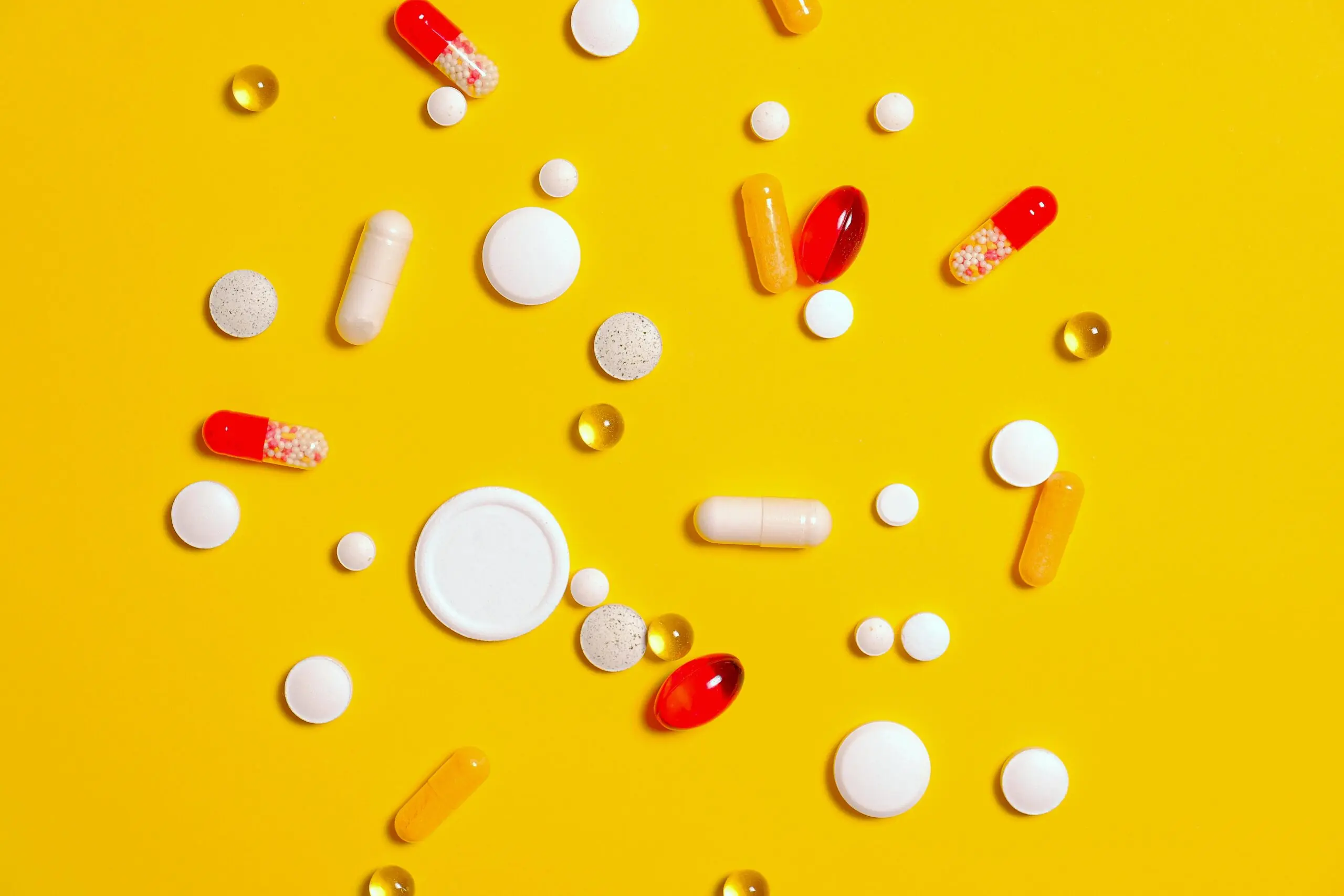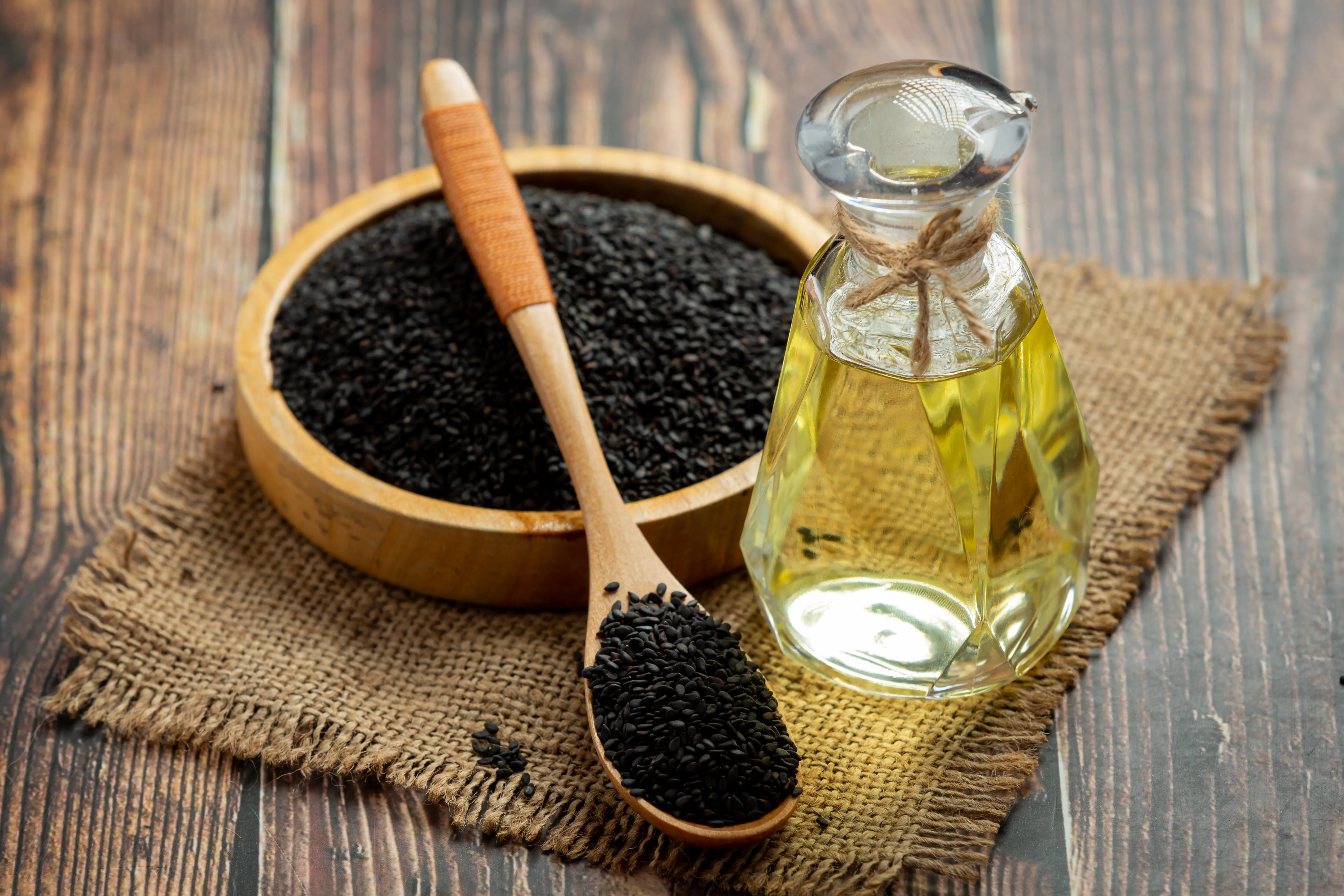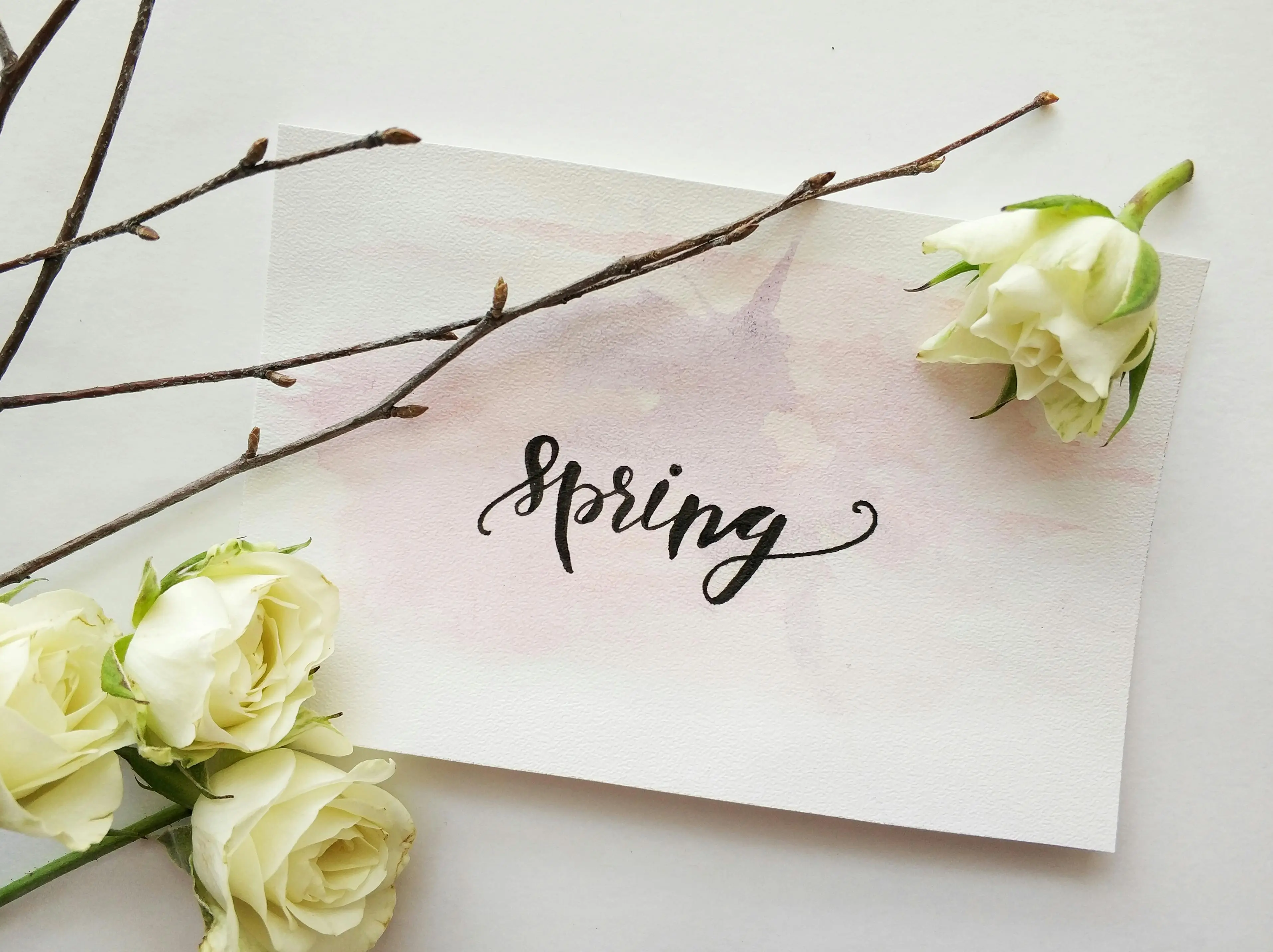Tearing eyes, runny nose, scratchy throat – when spring comes, life's joy is over for many. But there is hope beyond classic antihistamines: natural supplements that specifically counteract pollen allergies.
When nature becomes a source of irritation
You know it: The first warm rays of the year should actually be a feast for the senses – if it weren't for the pollen, which seem to hit a little earlier and harder every year. The good news? Nature not only has the allergens, but also some of their best adversaries in store. And they are now available in concentrated form – as targeted supplements for people with allergic rhinitis, better known as hay fever.
OPC – the plant-based multitasker against hay fever
Let's start with a true all-rounder: OPC (Oligomeric Proanthocyanidins). This secondary plant compound from grape seeds is a powerhouse when it comes to antioxidation and anti-inflammation. (Read our detailed tips for an anti-inflammatory diet here.) Studies show: OPC can inhibit the release of histamine, the central molecule in allergic reactions. Less histamine means fewer symptoms – so less sneezing, less itching, less burning eyes.
Particularly exciting: OPC also affects the so-called mast cells, which play a key role in our immune system. When stabilized, they are less likely to get out of control – and that's exactly what we need during pollen season. Ideally, you should start taking it a few weeks before the peak season to give your body a little 'allergy head start.'
Recommendation: 150–300 mg of OPC daily, preferably in combination with vitamin C, which can further enhance the effect.
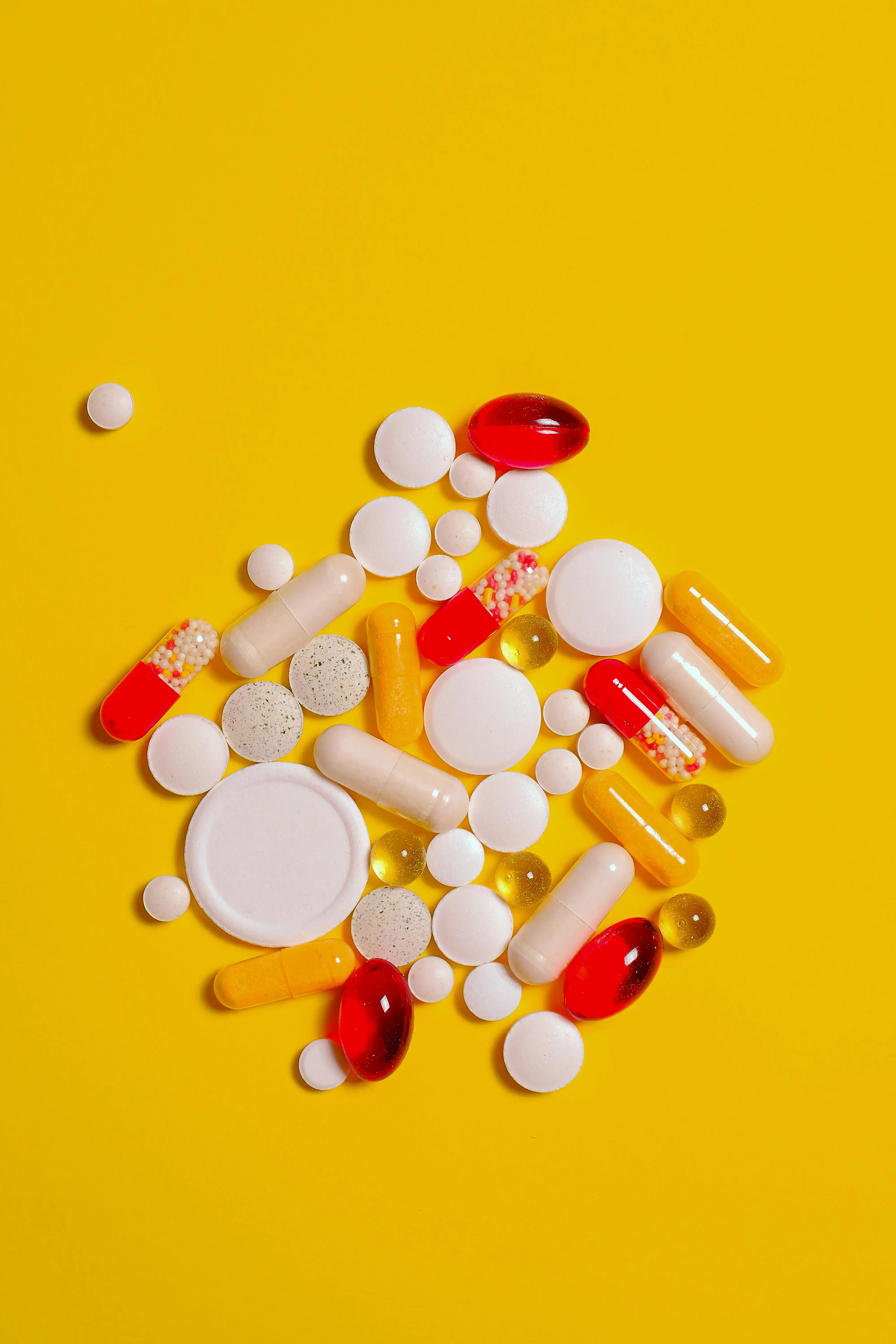









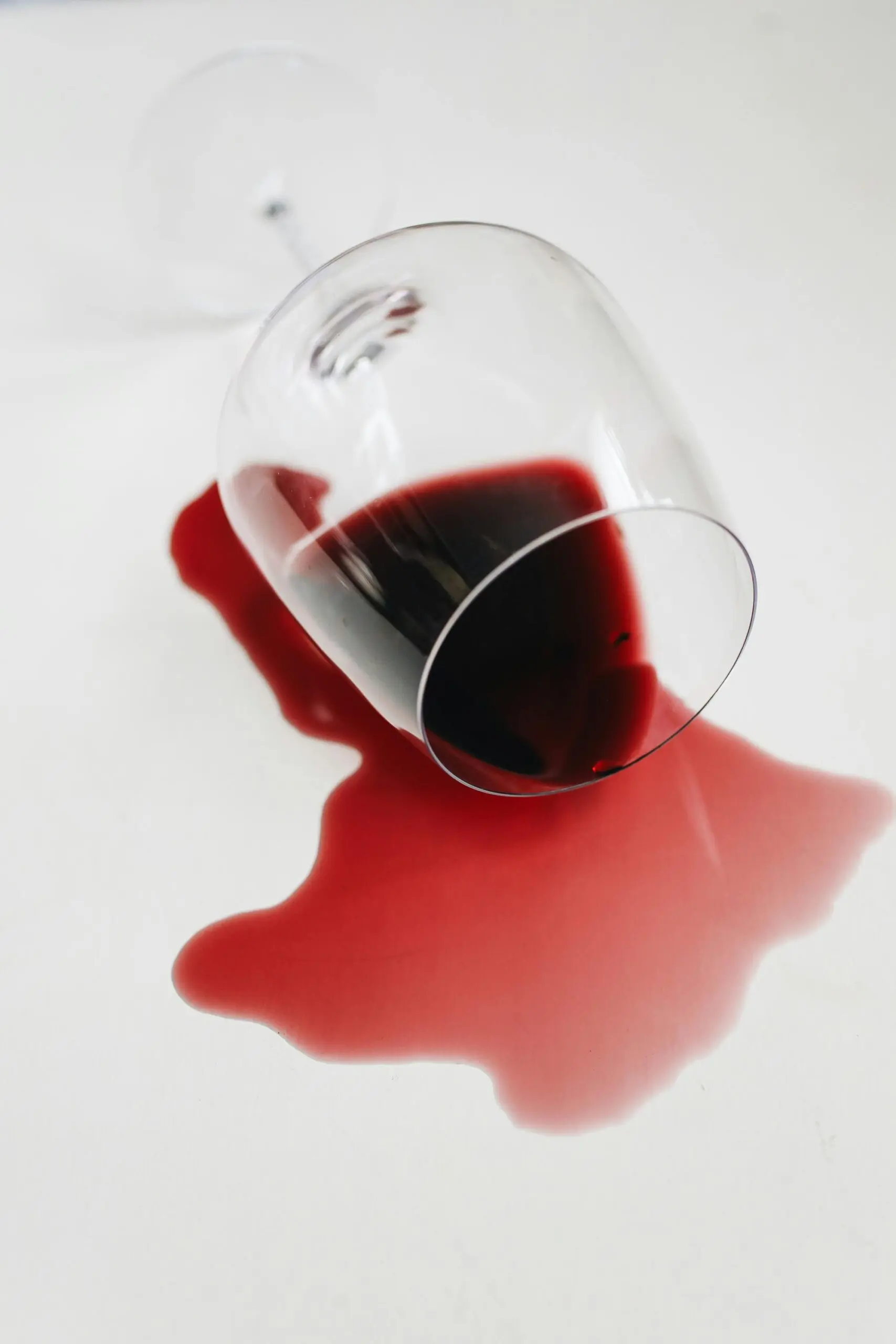


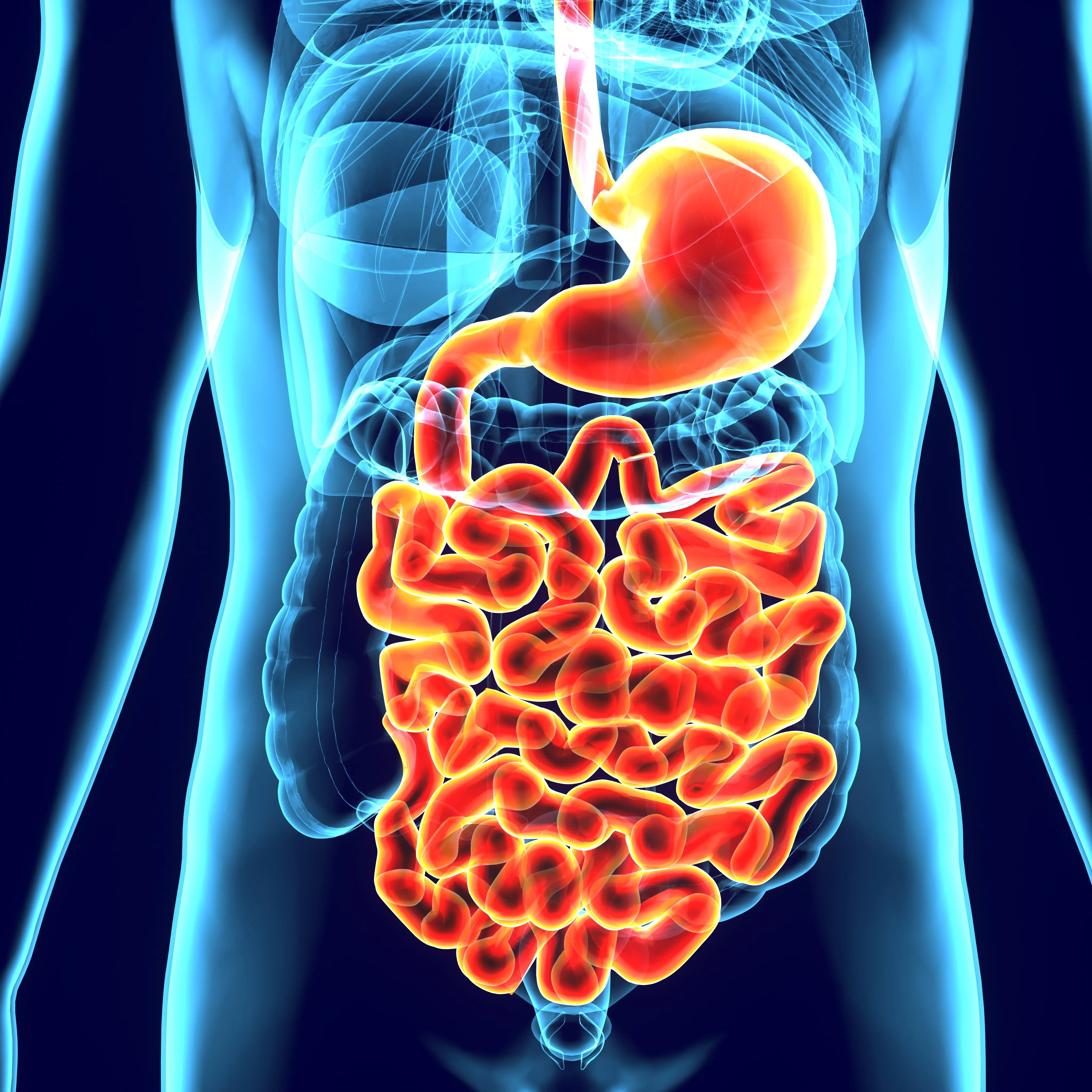
_1500x2250_150_RGB-2.webp)
